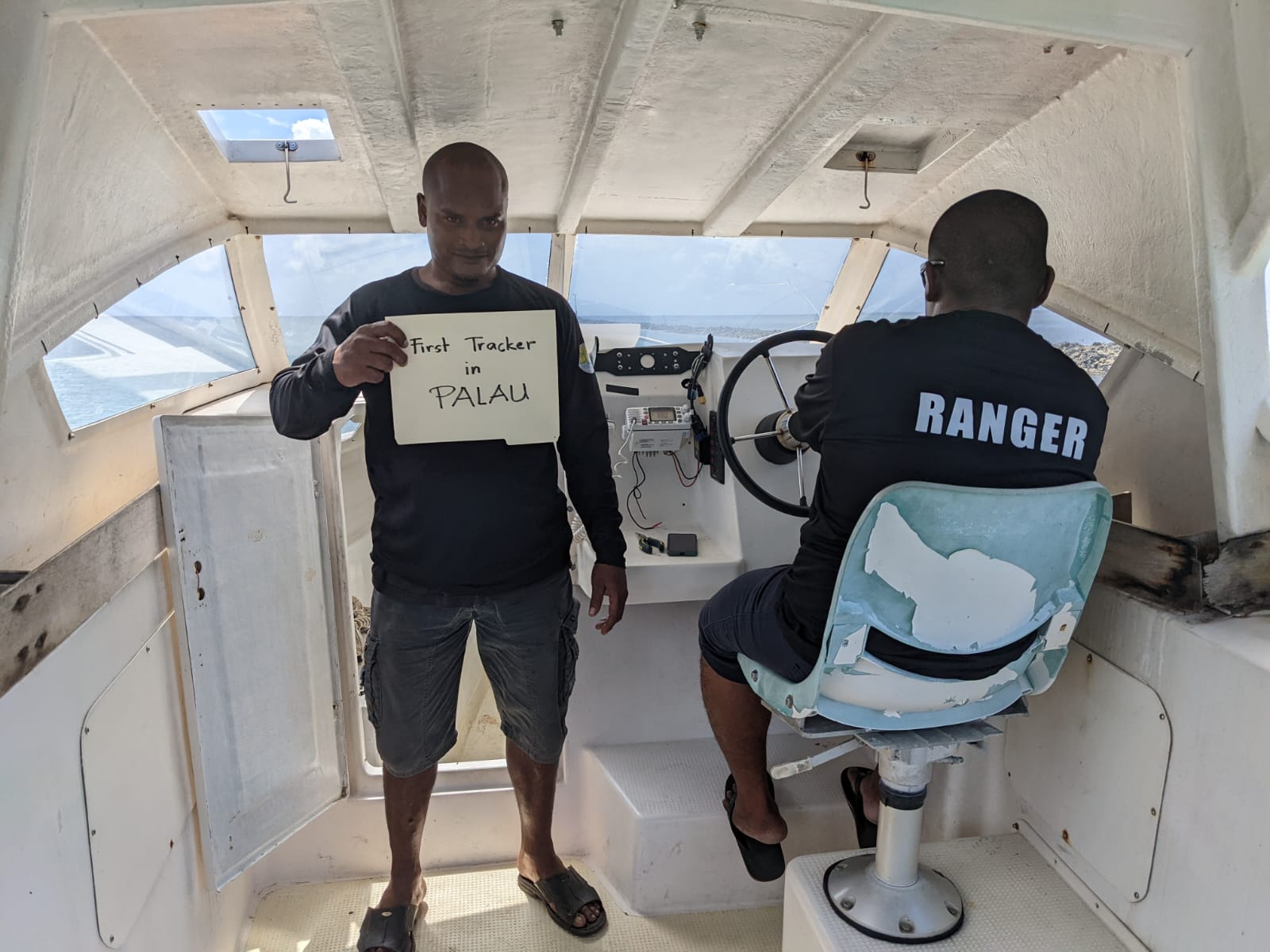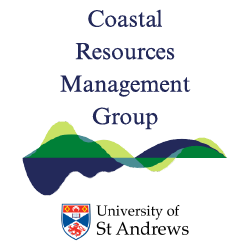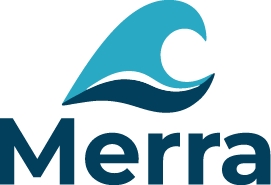Surveys using local information from fishers have been used to better understand marine life in and around Scotland’s network of Marine Protected Areas.
CRMG member, James Thorburn, worked with Marine Scotland Science members on the EMFF funded project to provide opportunities for the fishing industry to engage and collaborate with the scientific community, Statutory Nature Conservation Bodies and Government departments in Scotland, to carry out evidence gathering and marine monitoring to help deliver national and international requirements in relation to the protection and restoration of marine biodiversity (with a particular focus on Marine Protected Areas – MPAs).
The project supported three main survey types, those being drop-down video (DDV) monitoring, juvenile fish surveys and investigations into the movement ecology of flapper skate (Dipturus intermedius) within and adjacent to Marine Protected areas.
Eight DDV surveys were completed throughout 2018/19. The equipment was deployed from a fishing vessel and this sampling effort resulted in 130 hours of video footage, and 16,676 photographs.
Access the report here
A number of flapper skate (Dipturus intermedius), once common around the coast but now extinct in many areas, were also found in the Loch Sunart to the Sound of Jura MPA (designated for their protection in 2014). The project looked to track their movements and get a better understanding of how they use different habitats and also to see if the MPA is an important breeding ground.
Through the use of acoustic tags and acoustic receiver units deployed at locations within the MPA, it was possible to track the movement of skate within the MPA and to log the presence of the skate as they swam past.
Citation: G Pasco, B James, L Burke, C Johnston, K Orr, J Clarke, J Thorburn, P Boulcott, F Kent, L Kamphausen and R Sinclair (2021). Engaging the Fishing Industry in Marine Environmental Survey and Monitoring. Scottish Marine and Freshwater Science Vol 12 No 3, 68pp. DOI: 10.7489/12365-1
doi: 10.7489/12365-1



